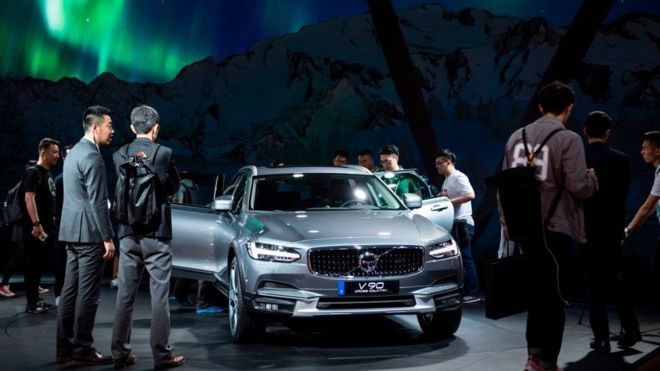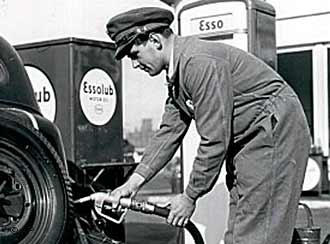ScienceRocks
Democrat all the way!
- Banned
- #1
Volvo Super Fast Electric Charger Getting Ready
Friday, November 09, 2012 - Iddo Genuth
Volvo Super Fast Electric Charger Getting Ready
Friday, November 09, 2012 - Iddo Genuth
Volvo Super Fast Electric Charger Getting Ready
The Swedish automaker recently introduced a new technology into its C30 electric car which will enable it to fully charge in only 90 minutes.
Most current generation electric cars require several hours to fully charge their batteries. The electric Nissan Leaf for example takes anywhere between seven and 21 hours to recharge. Volvo started testing a new super fast-charger that it says is up to 6 times more powerful than conventional electric car chargers.
-
The new Volvo charger uses a three-phase 440-volt, 32-amp power supply to fully charge the C30 in about one and a half hours while 30 minutes of charge time should be enough to carry the C30 about 50 miles. If you compare this to the charge time C30 users currently have with a 220-volt power which takes about 10 hours to fully charge - this is a dramatic improvement.
-
The electric version of the C30 is currently being tested in small quantities around Europe and China. The C30 which has been on trails since last fall has a 111 horse power electric engine and a lithium-ion battery pack capable giving the C30 a range of over 90 miles per charge.
Last edited:

 53 PM PDT
53 PM PDT


